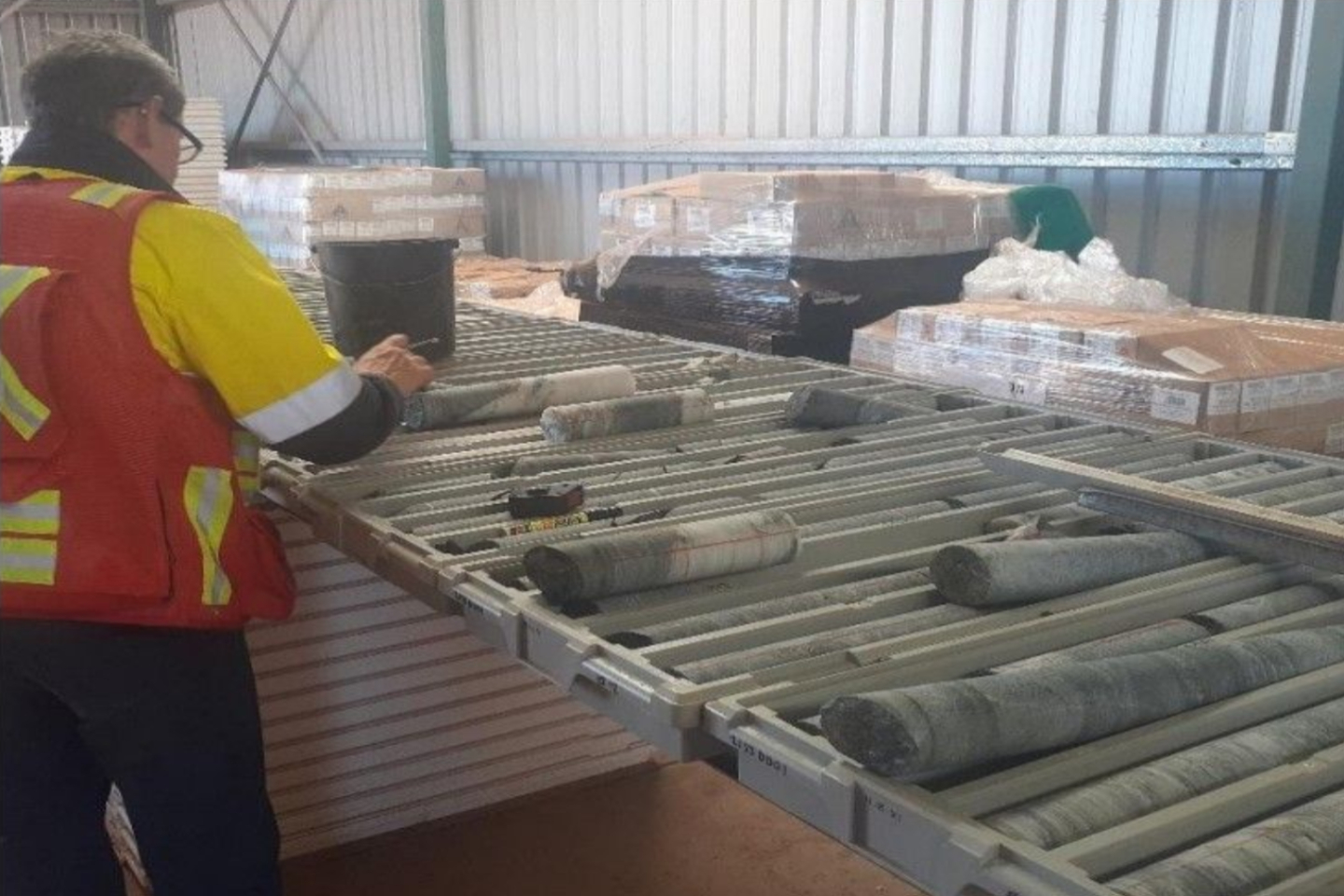Great Southern Mining has been awarded a Western Australian Government Exploration Incentive Scheme grant for its East Laverton nickel project. The EIS grant will co-fund up to $220,000 for RC and diamond drilling of bedrock conductors prospective for massive and disseminated nickel sulphides. The two conductors identified from electromagnetic surveys present compelling targets for Nova/Bollinger nickel-copper and Voisey Bay nickel style deposits.


Great Southern Mining has been awarded a Western Australian Government Exploration Incentive Scheme grant for its East Laverton nickel project.
The EIS grant will co-fund up to $220,000 for RC and diamond drilling of bedrock conductors prospective for massive and disseminated nickel sulphides. The two conductors identified from electromagnetic surveys present compelling targets for Nova/Bollinger nickel-copper and Voisey Bay nickel style deposits.
Great Southern says East Laverton has the potential for transformational discovery. The company said no drilling had ever been done at the location of the large conductor and little nickel-copper exploration had taken place in the 405 square kilometre project area.
Management says the drill program will be the first to test the nickel-copper prospectivity of the Diorite Hill Magmatic complex.
The EIS grant funding is to be used for drilling the EM conductors as part of a larger drilling program being undertaken by the company at the project.
Modelling reveals a 2km x 1km sub-vertical 1000 Siemens conductor located at a depth of 360m. The conductor is located in a favourable position for nickel sulphide deposits along the basal contact of the Diorite Hill Magmatic complex. The EIS funding will enable a deeper hole to be drilled to 600m and Great Southern will use RC and diamond drilling to test the conductor.
RC drilling will test the smaller conductor that is central to the Diorite Hill intrusion and is the only conductor defined from within the intrusion. The conductor is near a magnetic source and has been modelled at a size of 300m x 300m.
Great Southern says the recent discovery of Nova-Bollinger has reinvigorated nickel-copper exploration in WA and in particular the hunt for Voisey Bay magmatic style deposits, that had been previously overlooked by explorers focused on Komatiite hosted deposits. The company believes magmatic style deposit potential has not been adequately explored at Diorite Hill and will be a key focus.
The Fraser Range sited Nova-Bollinger deposit was discovered in 2012 by drilling coincident geochemical and electromagnetic anomalies. Resources are reported at 13 million tonnes at 2 per cent nickel, 0.8 per cent copper and 0.1 per cent cobalt.
Great Southern noted the Diorite Hill layered ultramafic magmatic intrusion covers an area of 110 square kilometres and is up to 7000m thick, with similarities to the layered sequence at Nova-Bollinger.
Great Southern Mining's Executive, John Terpu, said: “The East Laverton Nickel Project is an exciting project on a number of levels and to be successful in the grant application is a testament to the quality of the project and the technical work undertaken by the exploration team to date.”
“With heritage clearance and site works complete, we are looking forward to commencing our maiden drilling program at this highly prospective target.”
Great Southern has significant tenement positions in highly-prospective terrain at Laverton in WA and Mt Carlton in North Queensland. The East Laverton nickel project is 15km east of Laverton where the company maintains an exploration base to service its significant exploration portfolio in the region, including the Southern Star gold deposit.
Having done its homework on the theoretical basis for nickel-copper massive sulphide deposits at East Laverton, Great Southern will be putting it to the ultimate test by launching a substantial drilling campaign.
Is your ASX-listed company doing something interesting? Contact: matt.birney@wanews.com.au












